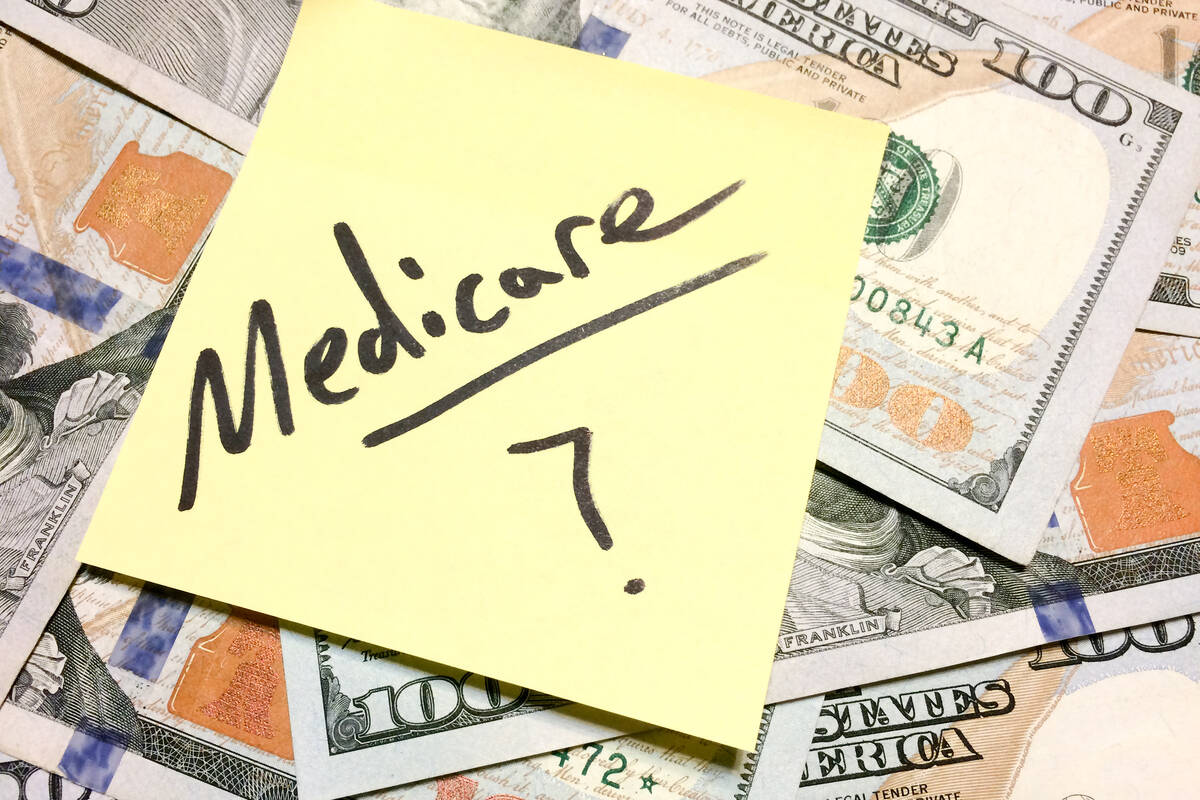Federal employee gets conflicting advice on Medicare
Dear Toni: I’m turning 65 and not planning to retire until 70. I am a federal employee working full time.
I’m receiving conflicting information. Friends are advising me to enroll in Medicare Parts A and B when I retire to keep from receiving a Part B penalty. My federal co-workers say that I am protected because I am a government employee and do not have to enroll in Medicare at all.
Please explain the rules regarding enrolling in Medicare when you are a federal employee. — Sheldon, Tampa, Florida
Dear Sheldon: Your friends are correct: You should enroll in Medicare Parts A and B when you retire.
The rules regarding when and how to enroll in Medicare also apply for federal employees, a change that took place a few years ago.
Federal Employees Health Benefits (FEHB) must pay first when an active employee has a health need. Once a federal employee has retired and is enrolled in Medicare Parts A and B with an FEHB retiree plan, then Medicare is the primary coverage and FEHB is secondary.
Employees with FEHB coverage who continue working for federal service past age 65 do not have to enroll in Medicare Part B when they turn 65. As long as they continue to work in federal service, FEHB will be their primary coverage for medical services. These individuals will have a special enrollment period when they retire (or when their spouse retires if the spouse provides the FEHB coverage) to enroll in Part B without a penalty.
Here are Medicare’s three enrollment periods for federal employees with FEHB benefits:
Initial enrollment period: If a federal employee retires before age 65 and keeps FEHB health insurance for retirement, then the retired employee can enroll in Medicare during the initial enrollment period (a seven-month window that begins three months before a person’s 65th birthday and includes the month they turn 65 as well as three months afterward).
Special enrollment period: When a federal employee (or spouse) who is past age 65 delays enrolling in Medicare Part B because of continued service with FEHB benefits, there is an eight-month window for signing up for Part B without receiving a penalty. The retiree will need to file form CMS-L564 (Request for Employment Information) completed by the human resources office and form CMS-40B (Application for Part B) by taking both forms to a Social Security office to enroll in Medicare properly.
General enrollment period: Jan. 1 to March 31 every year is the period when a federal retiree who retired past 65 and never enrolled in Medicare Part B can enroll. The retiree will receive a Part B penalty for not enrolling at the proper time.
These enrollment periods are the same for Americans who are not federal employees.
It will always be to the federal retiree’s advantage to keep the FEHB plan because of the excellent coverage it provides. And the FEHB plan is considered creditable Medicare Part D coverage, so retirees who want to enroll at a later date can do so without a Part D penalty.
Toni King is an author and columnist on Medicare and health insurance issues. If you have a Medicare question, email info@tonisays.com or call 832-519-8664.













